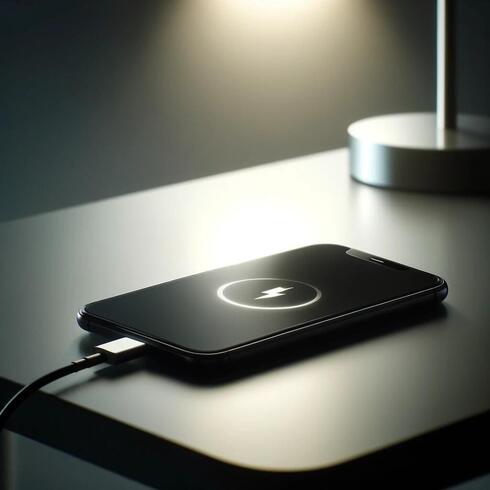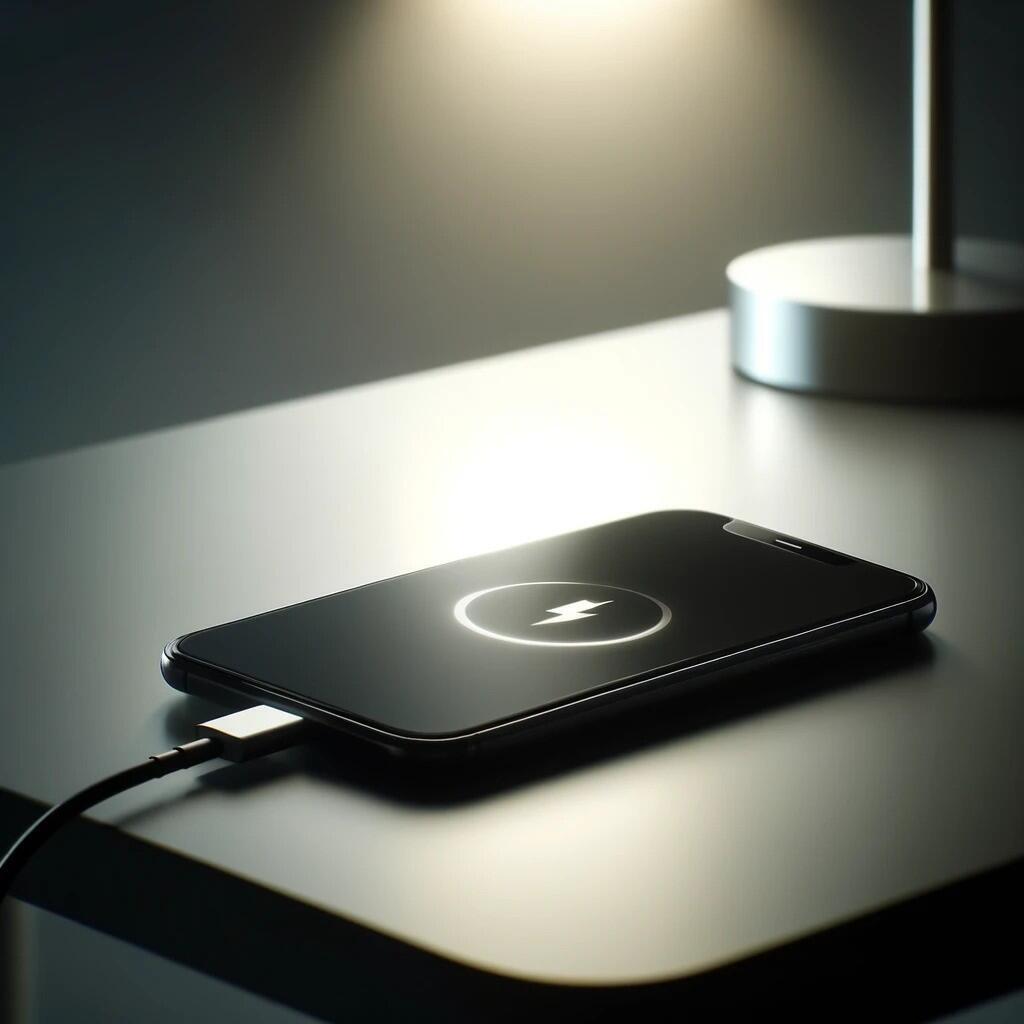
Why Does My Phone Get Hot When Charging?
Why Does My Phone Get Hot When Charging?
Have you ever noticed your phone getting excessively warm while plugged in and wondered, "Why does my phone get hot when charging?" You're not alone. This is a common experience shared by many smartphone users, but it's important to understand the reasons behind it to ensure your device's longevity and performance.
Understanding Phone Batteries and Charging Basics
Every smartphone has a lithium-ion battery, which is important for the phone to function. When you charge your phone, electrical energy is transferred into the battery, converting it into chemical energy for storage. This process isn't 100% efficient because some energy is lost as heat, which is why your phone warms up.
Fast charging technologies have made charging quicker but have also led to increased heat generation. Understanding this balance is key to maintaining your phone's health.
How Smartphones Dissipate Heat
Heat dissipation is a crucial aspect of electronic device design, especially for compact gadgets like smartphones. These devices manage heat through a combination of hardware design and software controls.
The materials used in the construction of smartphones, such as aluminum for the casing, are chosen for their ability to conduct and release heat effectively. Internally, thermal paste may be applied to components that generate significant heat to facilitate the transfer of heat away from these parts.
Smartphones also employ thermal throttling, a process where the device's processor scales down its performance when it detects excessive heat, reducing energy consumption and, consequently, heat generation. This is a protective measure to prevent damage to the device's internals and ensure user safety.
Common Causes of Phone Heating Up During Charging
There are several factors that can contribute to your phone heating up, including the following:
- Battery Age and Health: Over time, batteries wear out, becoming less efficient and generating more heat.
- High-Performance Tasks: Using your phone for activities like gaming or video streaming while charging can push your device to its limits, producing extra heat.
- Environmental Factors: Charging in hot conditions can exacerbate the heat generated by your phone.
- Incompatible Chargers: Off-brand or incompatible chargers may not regulate electricity flow properly which can lead to excessive heat emission.
- Software Malfunctions: Sometimes, software bugs can cause your phone to overwork and overheat.
Potential Risks of Overheating
Excessive heat isn't just uncomfortable; it can harm your phone. It can decrease your battery's lifespan, potentially damage other components, and in extreme cases, pose safety risks.
How to Prevent Your Phone from Overheating While Charging
In order to keep your phone cool, use the charger that came with your device or one that's certified. You can also prevent it from getting heated by avoiding usage while charging and keeping it in a cool, well-ventilated area. Regular updates and battery health checks can also prevent overheating.
The Role of Power Banks in Phone Charging
Power banks have become necessary for keeping our devices charged on the go. They're portable, convenient, and can charge your phone multiple times. However, like traditional chargers, they can also contribute to your phone heating up.
The heat generated by power banks is usually due to the same energy transfer process. Yet, not all power banks are the same. Some are better designed to manage heat. When choosing a power bank, look for one with proper output specifications that match your device's requirements. Certified safety standards and features like intelligent charging circuits can also minimize heat generation by adjusting the power flow to suit your phone's needs.
There are also some steps you can take a few steps to keep your phone cool while it is connected to a power bank. For starters, it’s important to remove any case that might insulate heat, avoid charging in direct sunlight or hot environments, and refrain from using your phone for high-power activities while it's charging.
When to Seek Professional Help
If your phone consistently gets too hot, it might be time to consult a professional. Persistent overheating could indicate a battery due for replacement or other hardware issues. Don't ignore these signs, as they could lead to more severe problems down the line.
Tips to Keep Your Phone Cool
Regular maintenance can play a significant role in preventing your smartphone from overheating. Here are some practical tips every user can follow:
- Clear Out Apps: Regularly closing unused apps and stopping unnecessary background processes can reduce the strain on your device's processor and decrease heat production.
- Update Regularly: Keeping your device's operating system and apps up to date can ensure that you benefit from the latest efficiency improvements and heat management protocols.
- Reboot Periodically: Rebooting your phone can clear system caches and halt runaway processes that might be causing your device to overheat.
- Physical Cleaning: Dust and debris can clog your phone's vents and insulate heat. Gently cleaning your phone's exterior and ensuring its ports and speakers are clear can improve heat dissipation.
- Mindful Charging: Avoid charging your phone in hot environments and consider removing your phone's case while charging to allow heat to escape more freely.
By understanding the technical aspects of heat dissipation and sticking to routine maintenance, users can significantly overcome heating issues and ensure their devices operate safely and efficiently.
Conclusion
A warm phone during charging isn't unusual, but understanding why it happens and how to manage it is important. From choosing the right chargers and power banks to adopting good charging practices, you can keep your phone running smoothly without becoming overheated. Remember, if overheating becomes a regular issue, it's best to seek expert advice.















